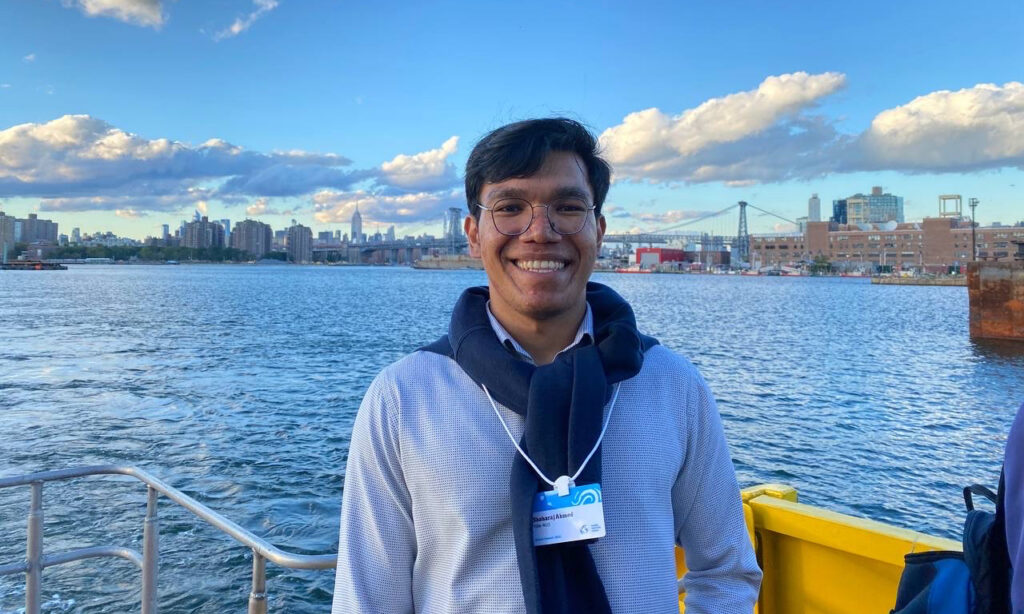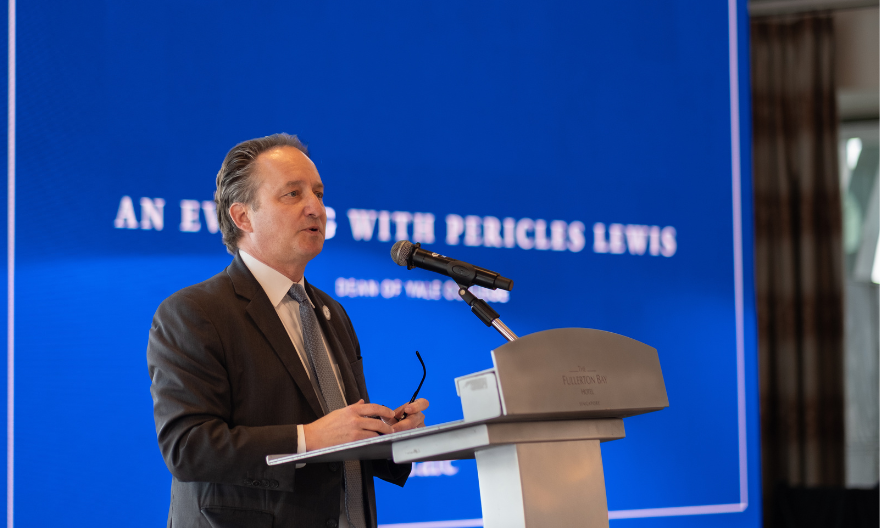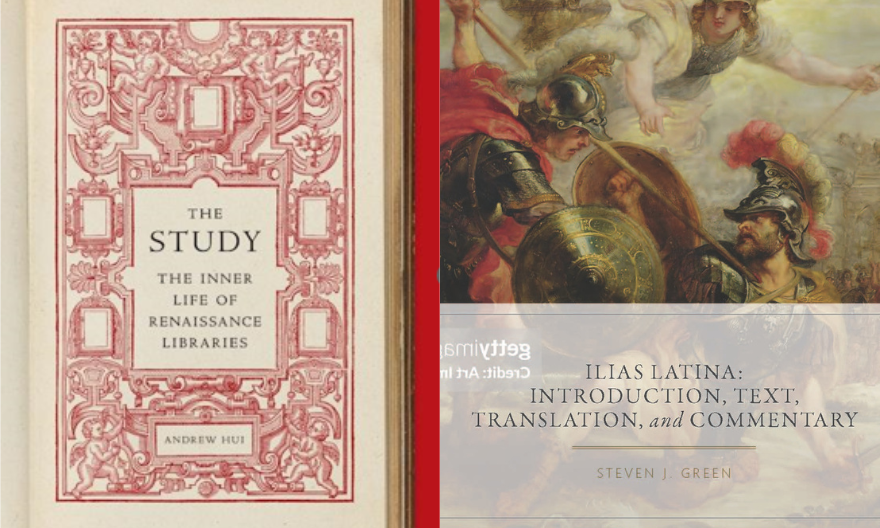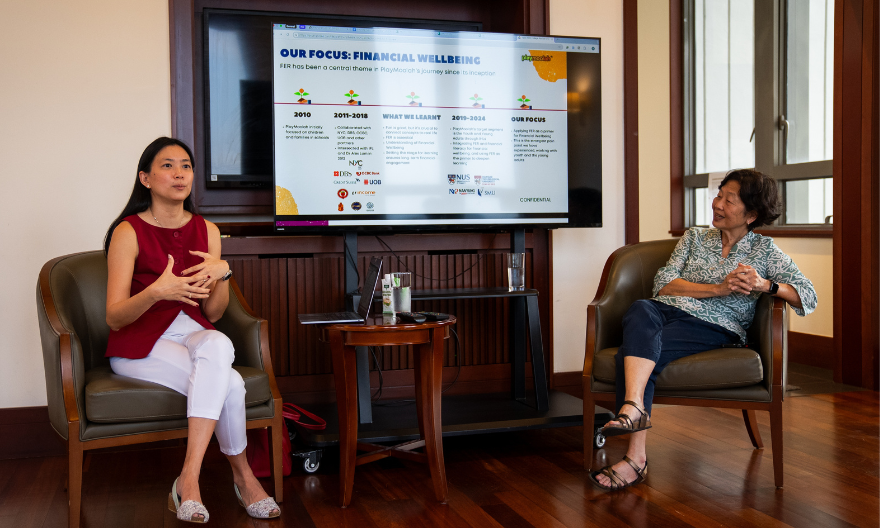Yale-NUS student wins Future Maritime Leaders essay competition
Shaharaj Ahmed (Class of 2023) was invited to attend the Global Maritime Annual Summit to learn from top leaders in the maritime industry
At Yale-NUS College, the sky’s the limit for students’ professional development. From worldwide competitions to leading industrial conferences, the College supports students across a wide range of opportunities to learn, grow, and realise their potential.

In September, Shaharaj Ahmed (Class of 2023) took part in the Global Maritime Annual Summit held in New York City, a top-level conference that brings together key leaders and stakeholders in the maritime industry on some of its most urgent issues.
Shaharaj was invited to the event after winning the Future Maritime Leaders essay competition organised by the Summit, emerging as the top contender from thousands of entrants aged 18-30 worldwide. We talk to him to find out more about his interest in the maritime industry and his key takeaways from attending the conference.
What are some of your most memorable takeaways from the conference?
Shaharaj: Being able to travel to New York and meet maritime industry leaders was truly eye-opening. Still carrying the viewpoint that the maritime industry needs to raise wages and reduce working hours, I further learned that it is an imperative given that 40 per cent of seafarers said they will return to shore and not return. Considering the costs of training and recruiting, raising wages and reducing working hours can be considered a discount against that training and recruiting premium.
Another interesting thing I learned is that the supply for seafarers are poised to decrease over time as all continents except for Africa will have increasing populations, having significant repercussions on the future of labour in the industry. Though it may be easy to write an essay about a certain issue and argue from a single perspective, the problems faced by the maritime industry are so diverse that it is hard to justify a solution without disturbing the equilibrium elsewhere.
You wrote about humane labour practices in the essay. Could you share with us why you’ve chosen this angle?
Shaharaj: Coming from the Bangladesh and the Philippines, I’ve always been concerned with economic wellbeing – in particular for the masses. Related to that idea is our wellbeing in the workplace – am I paid enough to do this sustainably? How many hours can I operate without exhaustion? Is my work environment safe? Considering we spend a significant part in labour, how, then, are our working conditions? Are we treated with respect and dignity? Are our jobs sustainable? I’ve always been focused on the human conditions of the industry, and I wanted to address these questions in my essay.
How has your Yale-NUS education helped you in this process?
Shaharaj: I believe a liberal arts education was key in my growth – having a broad base of knowledge to operate from, the ability to understand and engage with multiple sources of information, enabled me to synthesise seemingly disparate thoughts – the nature of work, maritime, and blockchain – all into one.
You can read Shaharaj’s winning essay in full here.




